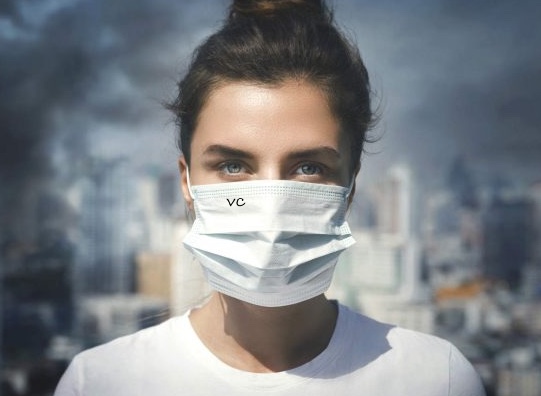By now, a lot of people have come to see wearing a mask as a form of virtue signaling. (Even Dr. Fauci is on record as saying that it’s largely symbolic, a way to show ‘respect for another person and have that other person respect you’.)
Related: Nashua Board of Health to Consider COVID Curfew in Queen City Tomorrow
The problem is, if you’re out in public, and you’re not wearing a mask¹, or you’re wearing a mask only because you’re being forced to², it would be nice to know whether the hidden faces you see around you belong to people who are masked by choice, or to people who are masked under duress.
So it would be nice to have a different kind of signal, one that would allow people who haven’t lost their minds to let each other know that they aren’t alone.
The technical name for this kind of thing is a ‘duress code’. An example would be a captured soldier who, when forced to make a televised statement condemning his own government, blinks ‘torture’ in Morse code. Another would be a child who shows you that he’s crossing his fingers as he tells a lie to a third person.
All of the obvious approaches — blinking in Morse code, making secret hand signals, wearing a mask upside-down (analogous to flying a flag upside-down to signal distress), attaching a ribbon or pin to a mask — have considerations that make them impractical.
But there’s one approach that’s cheap and easy to implement, easy to spot if you know to look for it, and easy to ignore if you don’t.
If you are ever forced to sign a document under duress, some legal experts recommend that you write ‘V.C.’ or ‘VC’ before your signature, to indicate that you’re not signing voluntarily. This is an abbreviation for the Latin phrase ‘Vi Coactus’, which means ‘constrained by force’.
In the same way, if you only wear a mask when you have no other choice, you can write VC on your mask (using a pen Sharpie on a light-colored mask, or a chalk marker on a dark-colored mask) as a sign of solidarity… or just sanity.
¹ Because you have a medical condition; or because you’re protesting.
² Because you’re afraid of being fired, or persecuted; or because you need access to essential goods or services that are being denied to people without masks.
